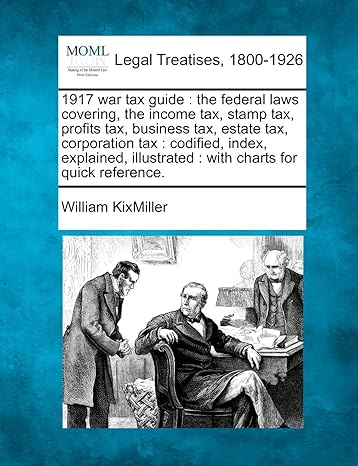Go back


The Business Of Civil War Military Mobilization And The State 1861-1865(1st Edition)
Authors:
Mark R. R. Wilson

Cover Type:Hardcover
Condition:Used
In Stock
Shipment time
Expected shipping within 2 DaysPopular items with books
Access to 30 Million+ solutions
Free ✝
Ask 50 Questions from expert
AI-Powered Answers
✝ 7 days-trial
Total Price:
$0
List Price: $30.00
Savings: $30(100%)
Solution Manual Includes
Access to 30 Million+ solutions
Ask 50 Questions from expert
AI-Powered Answers
24/7 Tutor Help
Detailed solutions for The Business Of Civil War Military Mobilization And The State 1861-1865
Price:
$9.99
/month
Book details
ISBN: 080189820X, 978-0801898204
Book publisher: Johns Hopkins University Press
Get your hands on the best-selling book The Business Of Civil War Military Mobilization And The State 1861-1865 1st Edition for free. Feed your curiosity and let your imagination soar with the best stories coming out to you without hefty price tags. Browse SolutionInn to discover a treasure trove of fiction and non-fiction books where every page leads the reader to an undiscovered world. Start your literary adventure right away and also enjoy free shipping of these complimentary books to your door.
Book Summary: This wide-ranging, original account of the politics and economics of the giant military supply project in the North reconstructs an important but little-known part of Civil War history. Drawing on new and extensive research in army and business archives, Mark R. Wilson offers a fresh view of the wartime North and the ways in which its economy worked when the Lincoln administration, with unprecedented military effort, moved to suppress the rebellion. This task of equipping and sustaining Union forces fell to career army procurement officers. Largely free from political partisanship or any formal free-market ideology, they created a mixed military economy with a complex contracting system that they pieced together to meet the experience of civil war. Wilson argues that the North owed its victory to these professional military men and their finely tuned relationships with contractors, public officials, and war workers. Wilson also examines the obstacles military bureaucrats faced, many of which illuminated basic problems of modern political economy: the balance between efficiency and equity, the promotion of competition, and the protection of workers' welfare. The struggle over these problems determined the flow of hundreds of millions of dollars; it also redirected American political and economic development by forcing citizens to grapple with difficult questions about the proper relationships among government, business, and labor. Students of the American Civil War will welcome this fresh study of military-industrial production and procurement on the home front—long an obscure topic.
Customers also bought these books
Frequently Bought Together
Top Reviews for Books
A B
( 4 )
"Delivery was considerably fast, and the book I received was in a good condition."










